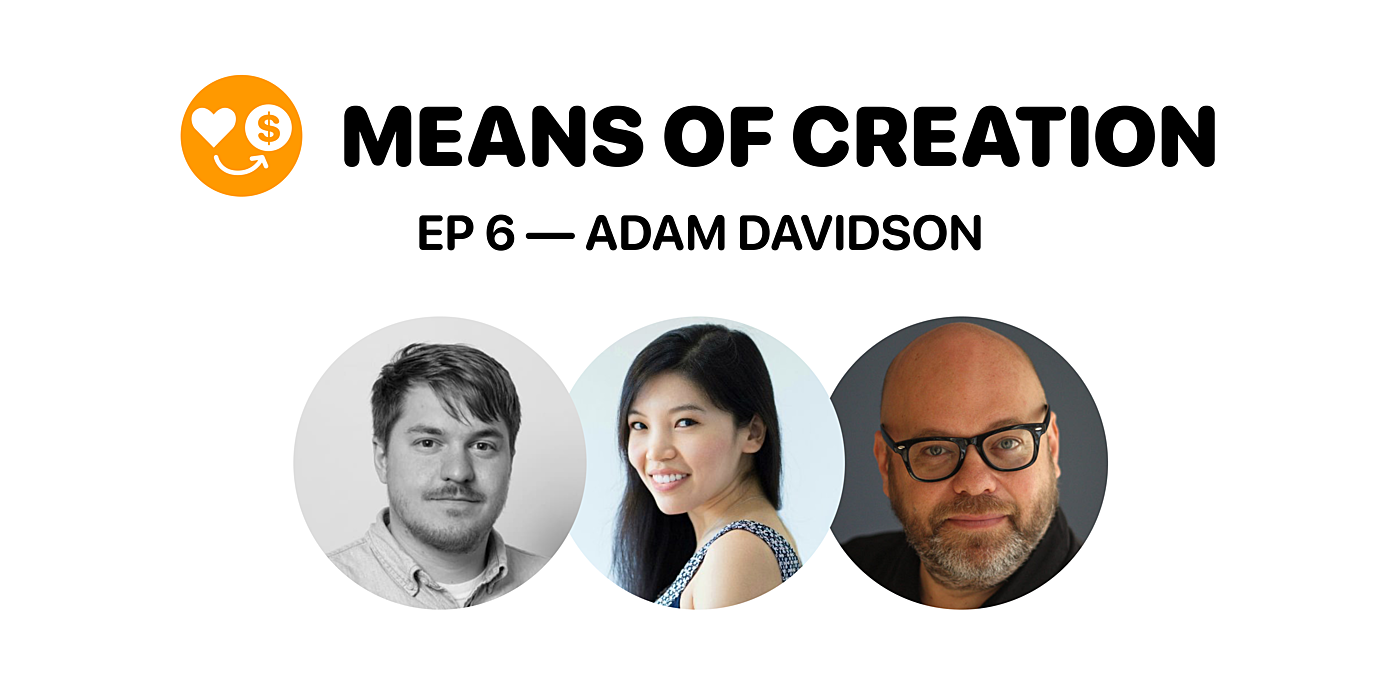
Hey! This Friday at 11am pacific, we have a special episode of Means of Creation that is free and open to all, featuring Adam Davidson and Li Jin, who both independently developed the “passion economy” thesis around the same time!
I’ve been a fan of Adam’s work for at least a decade now. He the co-founder of NPR’s Planet Money podcast, and a New Yorker staff writer who authored "The Passion Economy: The New Rules for Thriving in the Twenty-First Century," a book that explores stories of people who followed their dreams to craft a livelihood. He also writes a newsletter here.
The Only Subscription
You Need to
Stay at the
Edge of AI
The essential toolkit for those shaping the future
"This might be the best value you
can get from an AI subscription."
- Jay S.
Join 100,000+ leaders, builders, and innovators

Email address
Already have an account? Sign in
What is included in a subscription?
Daily insights from AI pioneers + early access to powerful AI tools








Comments
Don't have an account? Sign up!